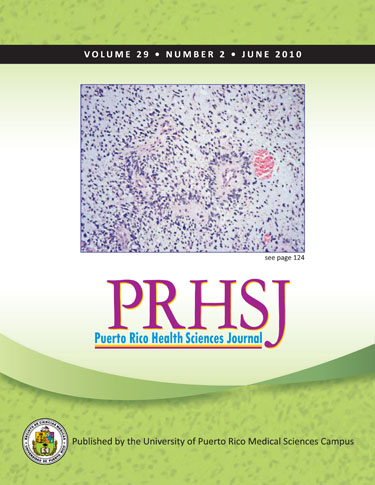Abstract
Background: The knowledge and implementation skills of the DNR (do not resuscitate) order amongst physicians in training appears to be quite variable. Methods: We constructed, validated and implemented an instrument which evaluates knowledge and implementation skills of medical residents regarding the DNR in the 8 accredited teaching hospitals in Puerto Rico. Results: Participation of 136 residents from 240 approved positions was seen. Most thought (93.3%) the DNR should be written in the medical record. And 88.1% thought appropriate to suggest a DNR to the patient or family for a terminally ill patient. For a patient with an uncertain prognosis who insisted on a DNR , 78.5 % believed the attending physician and 21.5% thought the ethics committee was responsible for determining the propriety of the order. When the patient and the treating physicians agreed on the appropriateness of a DNR order most residents in the North of Puerto Rico thought the writing of the order was the purview of the resident while residents in the South-West thought this to be the responsibility of the attending physician. In the absence of a DNR order, more than 77.4% of the residents in the North and South would initiate CPR in a comatose patient with terminal cancer, multiple organ failure and sepsis in contrast to 15% of the residents in the West. Conclusions: Implementation and knowledge skills of medical residents in the health regions of Puerto Rico differ. Knowledge and implementation of the DNR merits improvement in all training programs.
Authors who publish with this journal agree to the following terms:
a. Authors retain copyright and grant the journal right of first publication with the work simultaneously licensed under a Creative Commons Attribution License that allows others to share the work with an acknowledgement of the work's authorship and initial publication in this journal.
b. Authors are able to enter into separate, additional contractual arrangements for the non-exclusive distribution of the journal's published version of the work (e.g., post it to an institutional repository or publish it in a book), with an acknowledgement of its initial publication in this journal.
c. Authors are permitted and encouraged to post their work online (e.g., in institutional repositories or on their website) prior to and during the submission process, as it can lead to productive exchanges, as well as earlier and greater citation of published work (See The Effect of Open Access).
